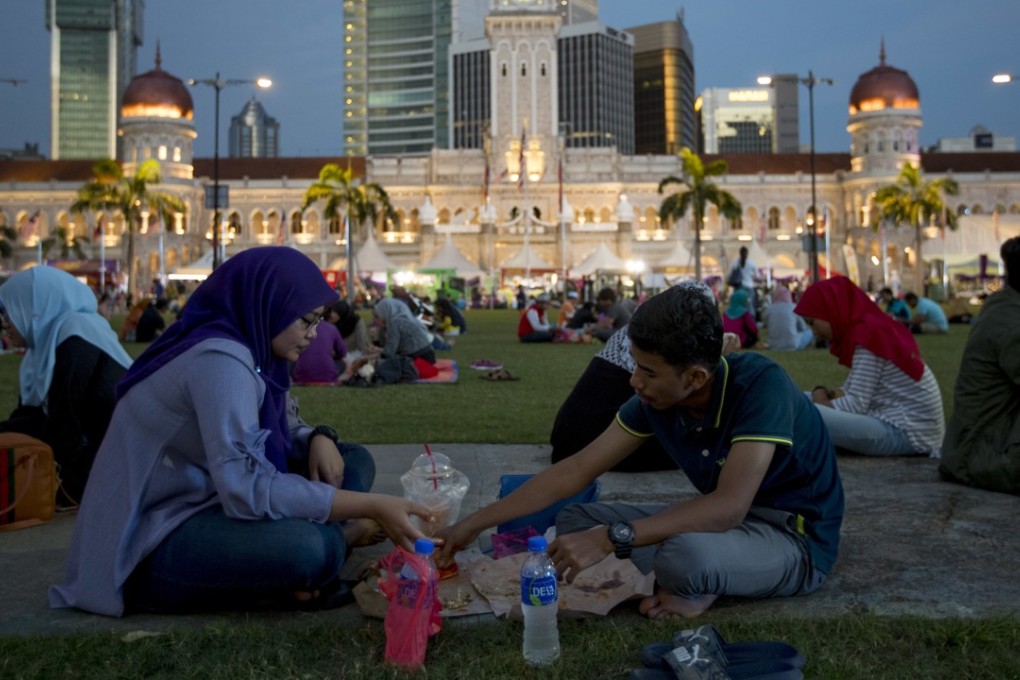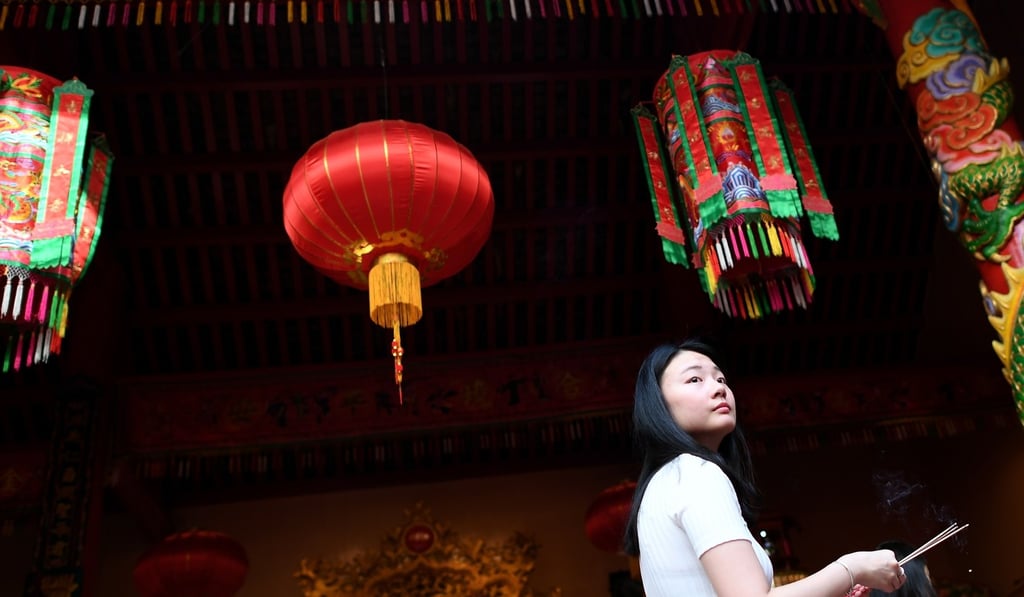Religion, race, politics: what’s causing Malaysia’s great divide?
Study finds personal choice and demographics play a role in perpetuating ethnic divisions, but as critics point out, politicians have been quick to capitalise on the situation

Religion, political manipulation and preferential policies are widening the cultural divide between Malaysia’s ethnic groups and could be hindering the nation’s chances of unity as the next general election looms.
His findings are likely to prove disquieting for many Malaysians in the run-up to a general election that must take place on or before August 24 next year. Racially charged rhetoric has characterised politics in this multi-ethnic and multi-religious country ever since its independence from Britain more than 50 years ago and this election looks like it will follow the pattern – both the ruling coalition Barisan Nasional (National Front) and opposition leader Mahathir Mohamad have already been accused of trying to exploit latent racial tensions to garner support.

But it’s not all bad news. While Hwok-Aun found Malaysians generally did not have close friendships with people of different ethnicities, some of this was “due to demographics and not necessarily choice”.
Citing a survey conducted by Ananthi Al Ramiah, Miles Hewstone and Ralf Wölfer, all scholars at Oxford’s Blavatnik School of Government, Hwok-Aun said Malays, particularly those living in rural areas, were less likely to come into contact with non-Malays. Indians on the other hand were more likely to live in diverse neighbourhoods. “They are more likely to have non-Indian friends,” he said. “But Malaysians also do not have much opportunity to develop interethnic friendships [because] schools and workplaces lack diversity, and this is due to a combination of public policy, personal choice, language and cultural differences, political manipulation of ethnic tension, and other factors,” said Lee.